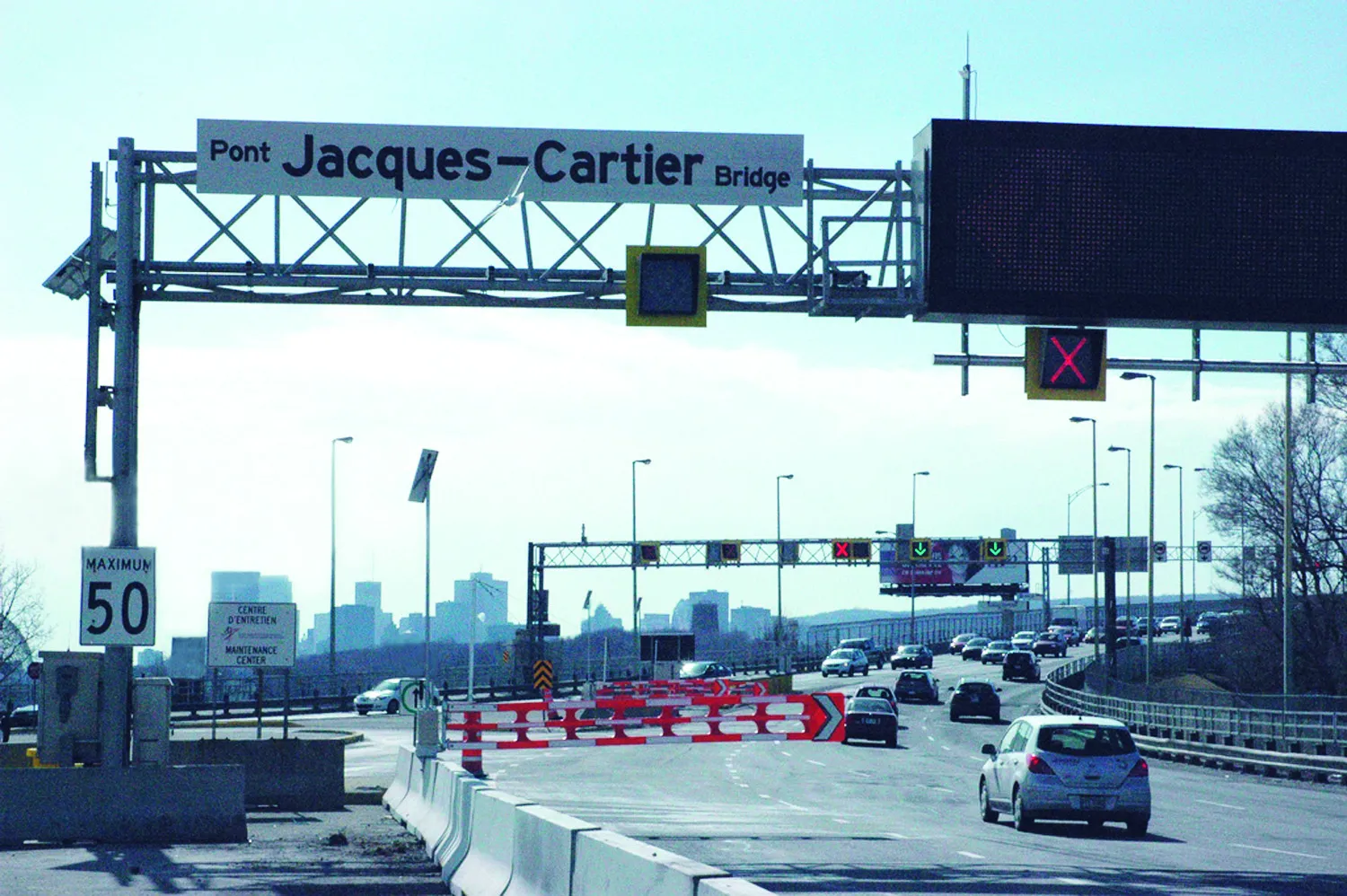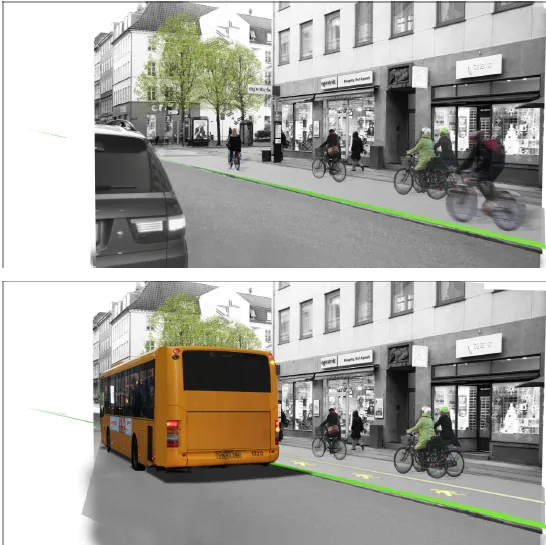A number of British drivers are now counting the cost for their feeble excuses for poor driving. One man was travelling at around 210km/h in his mother’s Mercedes, roughly twice the speed limit for the stretch of road, when he was spotted by police and stopped. When asked in court to explain his reasons for the inappropriate speed, he explained that the vehicle did not have cupholders and was therefore unable to hold his cup of tea. This was why he had to secure it on the seat, between his legs instead.
February 19, 2014
Read time: 2 mins
A number of British drivers are now counting the cost for their feeble excuses for poor driving. One man was travelling at around 210km/h in his mother’s Mercedes, roughly twice the speed limit for the stretch of road, when he was spotted by police and stopped. When asked in court to explain his reasons for the inappropriate speed, he explained that the vehicle did not have cupholders and was therefore unable to hold his cup of tea. This was why he had to secure it on the seat, between his legs instead. The man had points put on his licence, and as he has previously been booked for speeding and using a cellphone at the wheel, he was banned from driving for six months.
One woman was booked for speeding eight times within three months on a stretch of motorway and explained that she was trying to get home quickly, while she had only recently realised what average speed cameras were for. She was also banned from driving for six months.
One woman was booked for speeding eight times within three months on a stretch of motorway and explained that she was trying to get home quickly, while she had only recently realised what average speed cameras were for. She was also banned from driving for six months.








